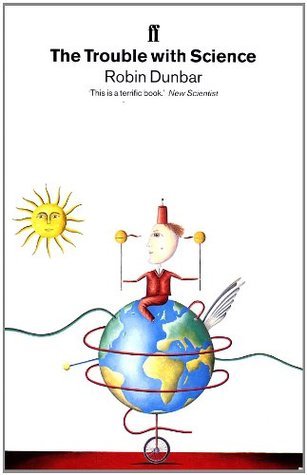What do you think?
Rate this book


In "The Trouble with Science," Robin Dunbar asks whether science really is unique to Western culture, even to humankind. He suggests that our "trouble with science"--our inability to grasp how it works, our suspiciousness of its successes--may lie in the fact that evolution has left our minds better able to cope with day-to-day social interaction than with the complexities of the external world.
340 pages, Kindle Edition
First published January 1, 1995